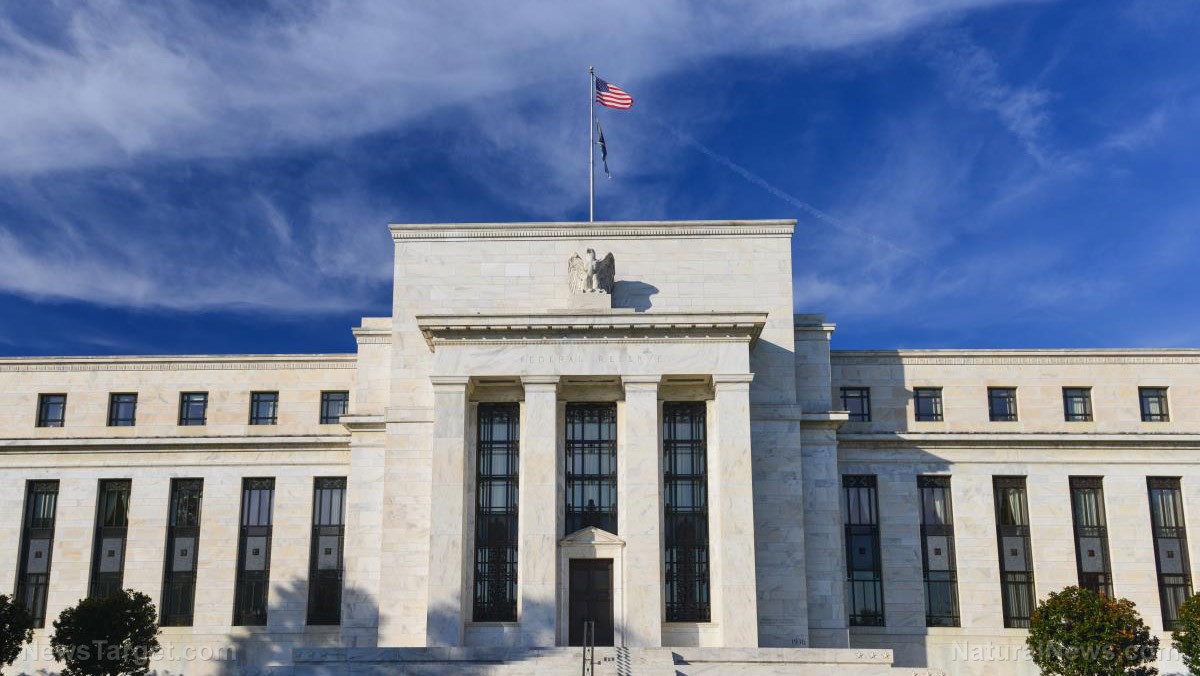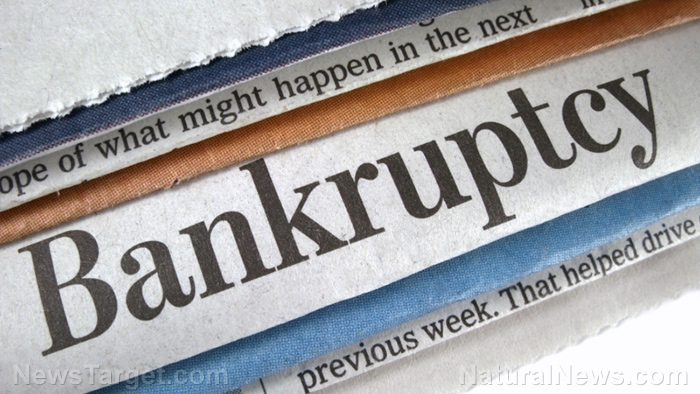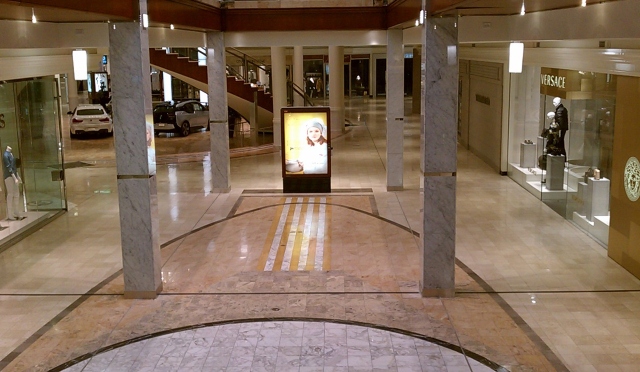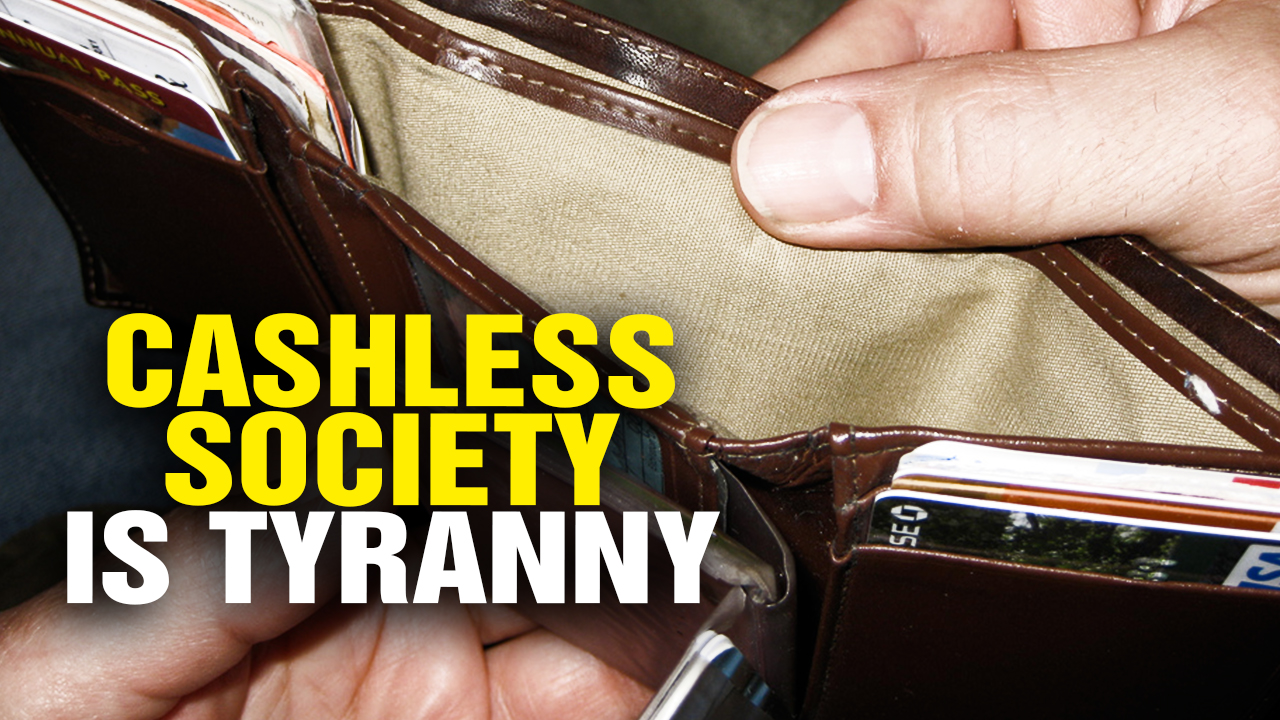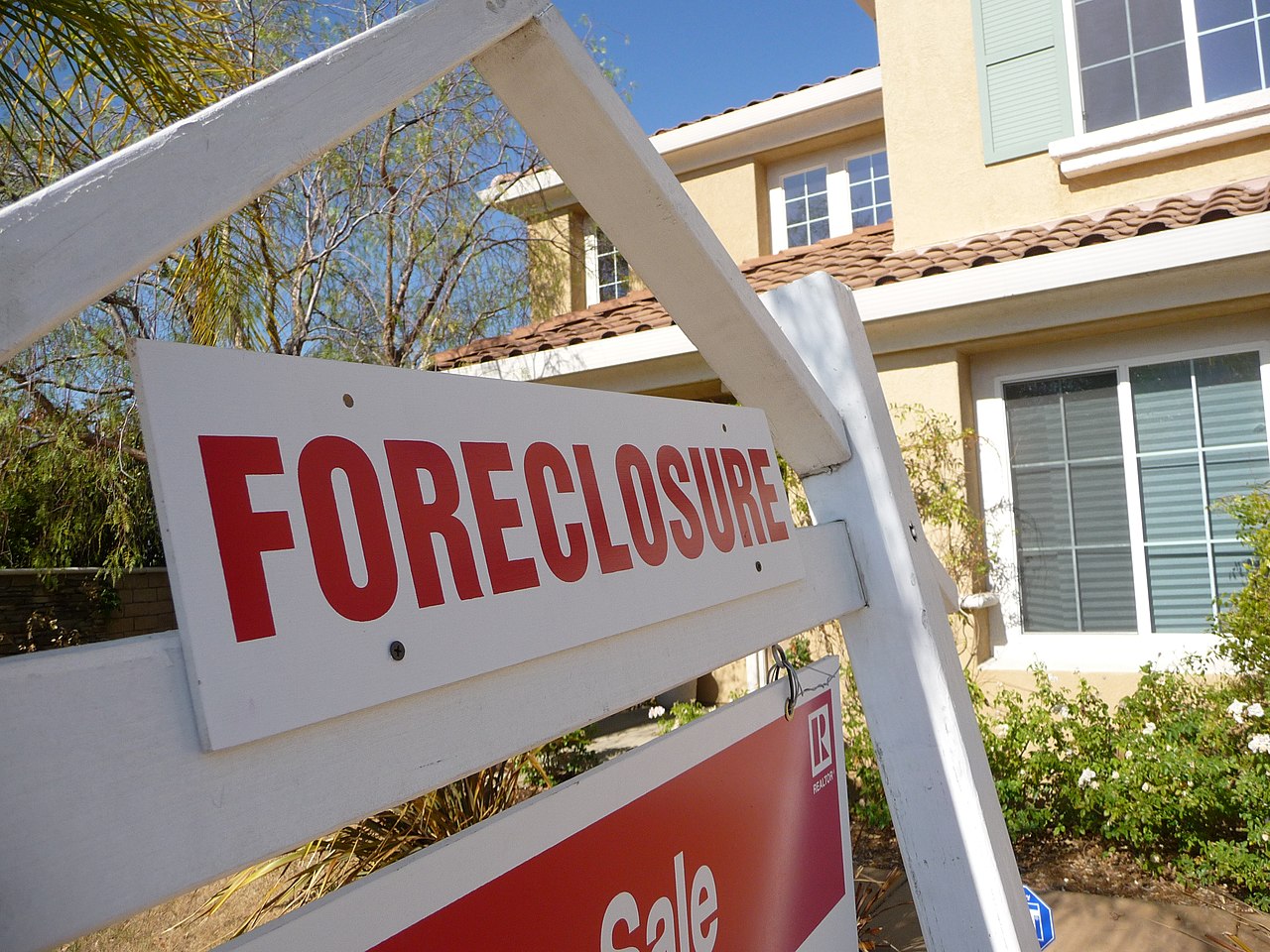RBNZ’s rate hikes destroying New Zealand’s economy – supposed solution to INFLATION leads to RECESSION
06/20/2023 / By Oliver Young

New Zealand has officially dipped into recession. Authorities around the globe are watching with interest as this could be a harbinger for the world, according to Bloomberg.
The country’s gross domestic product contracted by 0.1 percent in the first quarter, according to data from Statistics New Zealand, as rising interest rates continued to weigh on the economy.
It was the second-consecutive quarterly contraction, placing the country in a technical recession.
Weakness in the economy was “broad-based” with output from half of the country’s industries contracting, according to the Statistics New Zealand data. Growth was hurt by the impact of two major cyclones and flash floods in Auckland in January and February.
Employment remains strong in New Zealand, which is limiting the effects of a recessionary environment for much of the population. But the problem of inflation persists.
The media is also trying to stress that the recession is only technical by nature after two consecutive quarters of contraction. It has become a significant political issue as New Zealand heads toward an election in October, with voters struggling with higher living costs.
“It’s clear that the New Zealand economy is losing momentum,” Westpac senior economist Michael Gordon said in a note. “What remains to be seen is whether things have slowed enough to put us on a path back to low and stable inflation.”
The Reserve Bank of New Zealand (RBNZ), the country’s central bank, was among the first around the globe to hike interest rates to tackle inflationary pressures caused by the Wuhan coronavirus (COVID-19) pandemic. The RBNZ announced last month it was again hiking the official cash rate up to 5.5 percent from 5.25 percent.
However, RBNZ Governor Adrian Orr said New Zealand’s inflation downturn was starting to become evident — meaning, the central bank can now pause interest rate hikes.
The latest RBNZ monetary policy statement showed inflation was expected to fall to about 6.1 percent by the middle of this year, down from its 7.3 percent peak and current 6.7 percent level.
But the damage has been done.
“New Zealand was one of the first to begin raising rates when inflation surged after the pandemic, outpacing even the [U.S.] Federal Reserve,” Bloomberg reported. “Now the impact is starting to be felt as households already grappling with soaring prices see mortgage repayments jump.”
Same pattern is developing in America
The same pattern is developing in the U.S. as the Fed recently stopped hiking interest rates. But 10 straight hikes before that have prompted many investors to divest from their support for mortgage-backed securities.
With the decrease in affordability comes the heightened risk of defaulting, causing the real estate and mortgage industries to be one of the first corners of the gargantuan-but-fragile American economy to falter.
Ed Dowd, a financial analyst and former portfolio manager for investment firm BlackRock, said: “There are so many indicators that I follow with some other people that suggest that the rate-hike cycle was over before it started. So, they’re tightening into a disaster.”
Dowd warned that continued interest rate hikes from the Fed are one of the first signs that the American economy “is starting to really collapse.”
After inflation continues increasing despite the first few hikes, the Fed will claim that the interest rate needs to be increased a few more times to finally put a stop to the out-of-control inflation.
At the end of this spiral, the Fed will realize it has made a huge policy error and the central bank will not be able to raise interest rates another time without collapsing the whole system. “They’re trapped,” Dowd said.
Visit Bubble.news for more news about recession.
Watch this video discuss the looming recession under the Biden administration.
This video is from the InfoWars channel on Brighteon.com.
More related stories:
New Zealand government to prohibit use of natural health products.
New Zealand mulls taxing farmers for the burps and farts of their animals.
New Zealand Prime Minister calls for a global censorship system.
Australia and New Zealand are targets of COVID psychological experimentation.
The shameful persecution of Posie Parker in New Zealand.
Sources include:
Submit a correction >>
Tagged Under:
Bubble, Collapse, debt bomb, debt collapse, economic riot, economy, employment, Federal Reserve, finance riot, Inflation, inflationary pressures, interest rate, market crash, money supply, mortgage, New Zealand, RBNZ, recession, repayment, risk
This article may contain statements that reflect the opinion of the author
RECENT NEWS & ARTICLES
COPYRIGHT © 2017 RISK NEWS





